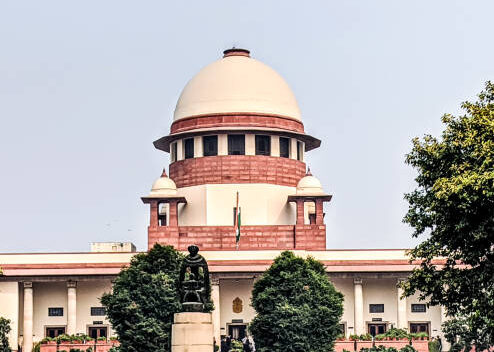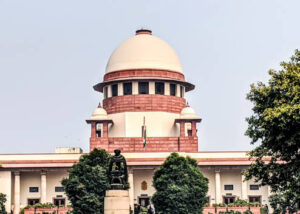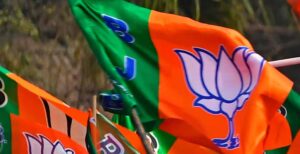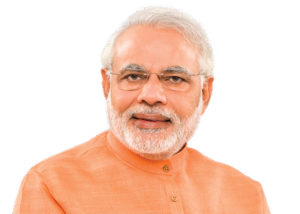Analyzing Electoral Bonds, Concerned Political Parties, and Supreme Court Judgments

Analyzing Electoral Bonds, Political Parties, and Supreme Court Rulings
Examining Electoral Bonds, Political Parties of Interest, and Rulings by the Supreme Court
 The issue of electoral funding has always been a contentious topic in Indian politics. In an effort to bring transparency and accountability to political donations, the concept of electoral bonds was introduced. However, this mechanism has been met with criticism from various quarters, including concerned political parties and civil society organizations. In this editorial, we will delve into the intricacies of electoral bonds, the perspectives of concerned political parties, and the judgments of the Supreme Court of India, offering a balanced analysis from a journalist’s point of view.
The issue of electoral funding has always been a contentious topic in Indian politics. In an effort to bring transparency and accountability to political donations, the concept of electoral bonds was introduced. However, this mechanism has been met with criticism from various quarters, including concerned political parties and civil society organizations. In this editorial, we will delve into the intricacies of electoral bonds, the perspectives of concerned political parties, and the judgments of the Supreme Court of India, offering a balanced analysis from a journalist’s point of view.
Electoral bonds were introduced in 2017 as a means to cleanse the system of political funding and promote transparency in elections. These bonds are essentially a financial instrument that allows individuals and corporates to donate money to political parties without revealing their identity to the public. The donor can purchase these bonds from authorized banks and transfer them to the political party of their choice, which can then encash them through designated bank accounts.
Proponents of electoral bonds argue that they provide a legitimate channel for political donations, preventing the flow of black money into electoral politics. They claim that the anonymity provided by electoral bonds protects donors from potential reprisals and ensures a level playing field for all political parties.
However, concerned political parties have raised several objections to the electoral bond scheme. One of the primary concerns is the lack of transparency and accountability in political funding. Since the identity of donors remains undisclosed, there is no way for the public to know who is financing political parties and what interests they may represent.
Moreover, there are apprehensions about the potential misuse of electoral bonds by vested interests to influence political decisions and policies. Critics argue that the anonymity provided by electoral bonds could be exploited by wealthy individuals and corporations to buy favors from political parties without scrutiny.
Furthermore, concerned political parties have pointed out the inherent imbalance in the electoral bond system, which disproportionately benefits ruling parties and established political entities. Smaller parties and independent candidates, who may lack access to corporate donors, are at a disadvantage under this regime.
The issue of electoral bonds has also come under the scrutiny of the Supreme Court of India. In April 2019, the apex court passed an interim order directing political parties to submit details of donations received through electoral bonds to the Election Commission of India (ECI) in a sealed cover. The court emphasized the importance of transparency in political funding and expressed concerns about the potential misuse of electoral bonds.
Subsequently, in April 2020, the Supreme Court delivered a verdict on a batch of petitions challenging the validity of electoral bonds. While upholding the scheme’s legality, the court imposed certain conditions to enhance transparency. It ruled that political parties must provide details of donations received through electoral bonds to the ECI, which would then be forwarded to the government for scrutiny.
However, critics argue that these conditions fall short of ensuring meaningful transparency and accountability in political funding. They contend that the disclosure of donor details to the government, rather than the public, undermines the principle of transparency and defeats the purpose of electoral reforms.
As India prepares for future elections, it is imperative to address the concerns surrounding electoral bonds and reform the system of political funding. Transparency and accountability are essential pillars of democracy, and any mechanism that compromises these principles must be re-evaluated.
Concerned political parties should come together to demand comprehensive electoral reforms that promote transparency, accountability, and equality in political funding. This may include measures such as full disclosure of donor details, strict limits on campaign expenditures, and public funding of elections.
Moreover, civil society organizations, media outlets, and citizens must actively engage in the debate on electoral reforms and hold political parties accountable for their actions. By fostering a culture of transparency and accountability, we can strengthen India’s democratic institutions and safeguard the integrity of the electoral process.
Electoral bonds represent a significant development in India’s electoral landscape, aimed at bringing transparency and accountability to political funding. However, concerns remain regarding their impact on democratic principles and the fairness of the electoral process. Concerned political parties, civil society organizations, and the judiciary must work together to address these issues and ensure that electoral reforms uphold the values of democracy and serve the interests of the people.






